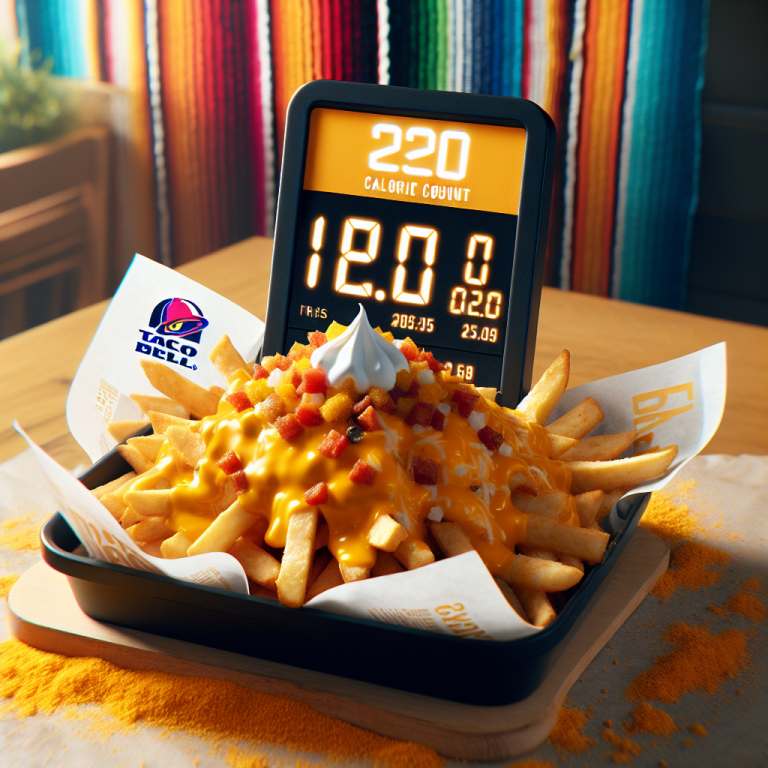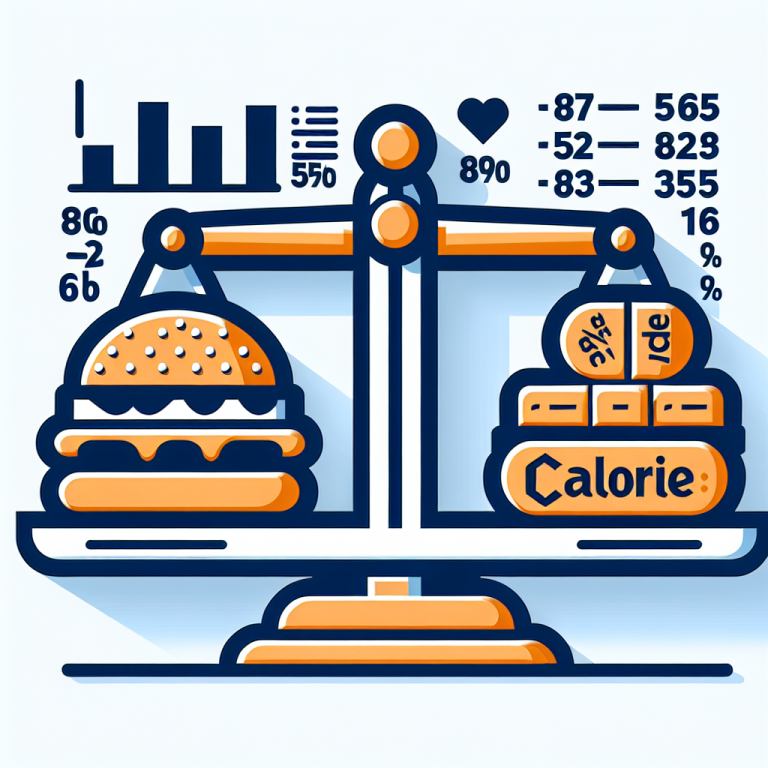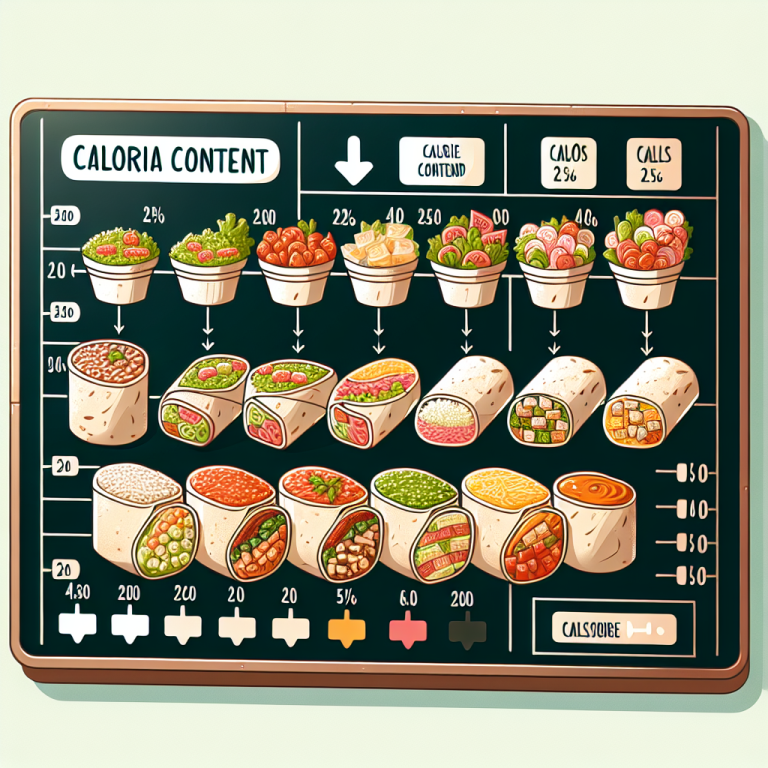Are Burger King Fries a Caloric Indulgence? Here’s What You Need to Know
Craving some crispy fries from Burger King? You’re not alone. These golden delights are a popular choice for many. But how do they fit into your diet? Knowing the calorie content and nutritional value of Burger King fries can help you make informed choices. Whether you’re counting calories or just curious, understanding what goes into…
Craving some crispy fries from Burger King? You’re not alone. These golden delights are a popular choice for many. But how do they fit into your diet? Knowing the calorie content and nutritional value of Burger King fries can help you make informed choices. Whether you’re counting calories or just curious, understanding what goes into your favorite fries is essential. Let’s explore the calorie content and nutritional breakdown of Burger King fries to see how they fit into a balanced diet.
Nutrition Facts
Serving Size 1 medium serving (117g)
Amount Per Serving
Calories
365
| Total Fat | 17.00 g | 26% |
| Saturated Fat | 3.0 g | 15% |
| Trans Fat | 0 g | 0% |
| Cholesterol | 0 mg | 0% |
| Sodium | 480 mg | 20% |
| Total Carbohydrate | 49.0 g | 16% |
| Dietary Fiber | 4.0 g | 16% |
| Total Sugars | 0 g | 0% |
| Protein | 4.0 g | 8% |
| Vitamin D | – | 0% |
| Calcium | 20 mg | 2% |
| Iron | 1.5 mg | 8% |
| Potassium | 470 mg | 10% |
* The % Daily Value (DV) tells you how much a nutrient in a serving of food contributes to a daily diet.
2,000 calories a day is used for general nutrition advice.
Nutrient Distribution
Calorie Burn Time
How long would it take to burn off total calories from 100g of Burger King fries?
FAQs
Final Words
Burger King fries are a delicious treat that can fit into a balanced diet when enjoyed in moderation. While they are high in carbohydrates and fats, they also provide some essential nutrients like potassium and iron. Remember to balance your meal with other nutrient-rich foods to maintain a healthy diet.





